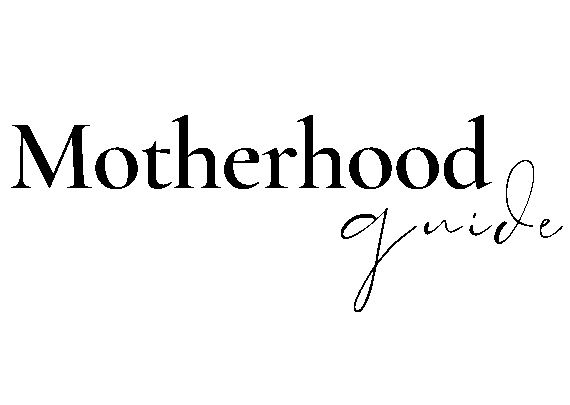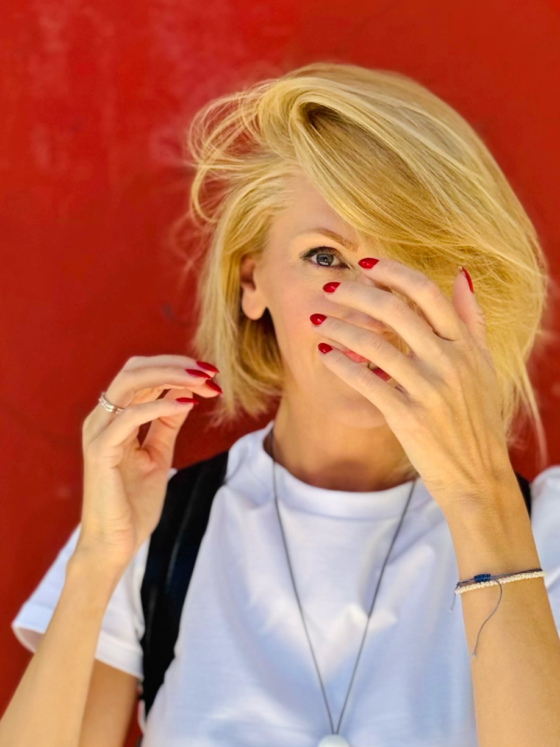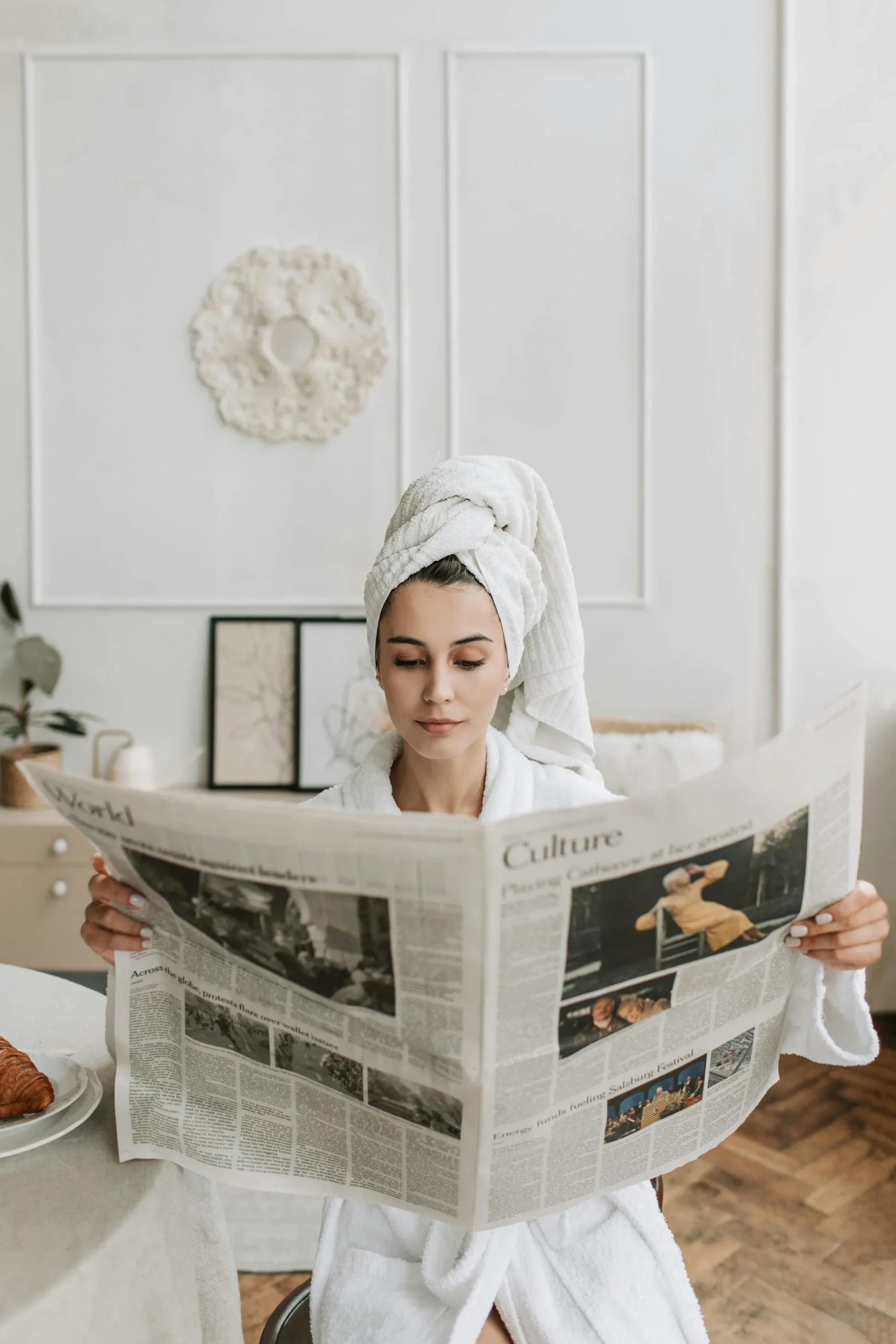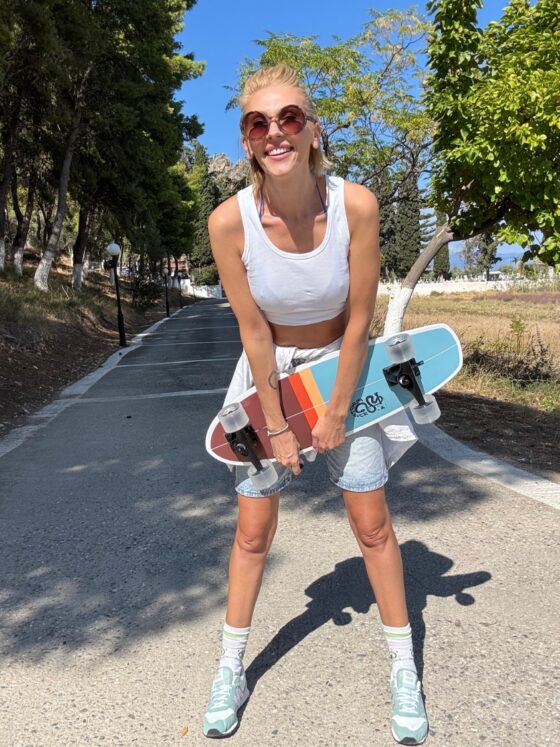Comfortable Bodies for Play and Impact of Social Media on Body Image
Can it be that we, as parents speak about body positivity more than we do about our kids’ growth standards? Sitting by the beach and observing many families spending time swimming and playing in the sea, I could not stop thinking how important it is for parents to notice that their child might need some help nurturing their body and raising their self-awareness of how their body could serve them better in life.
In today’s world of social media and constant digital exposure and body positivity illusion, our perception of a “correct” body image can easily get mixed up. We’re bombarded with images of idealised bodies that often prioritise appearance over function on one side, and endless acceptance and body positivity on the other. This can make us lose sight of our body’s primary purpose: to help us to live comfortably and engage fully with the world around us.
In other words, I’m wondering: are we teaching our kids that their bodies are meant for living, not just for consuming food or collecting likes?
Balancing Inclusivity and Body Positivity with Child Growth Standards
I am well aware of the “woke” culture and it’s emphasis on acceptance and celebrating uniqueness, which is undoubtedly positive in many ways. However, I can’t help but wonder if this admirable push for inclusivity might sometimes lead us to overlook the importance of kids’ physical health and development norms.
Early years are super important for building strong bodies that fit the healthy norms: weight for age; weight for height; muscle development; flexibility; energy levels, and overall body well being. Once this window of opportunity passes, it becomes much harder to positively influence these aspects.
Can it be that we’re so focused on accepting everything that we’re accidentally forgot how important it is for kids to be healthy and active.
The Power of Family Habits
Today I came across this quote that really hit home: “People don’t choose their future, they choose their habits, and then these habits shape their future.” It made me think about what habits we’re installing in our children. When we notice that our child consistently has low energy, is gaining unhealthy weight, or, in the case of a teenage boy, has underdeveloped muscle tone, looking a bit noodle-armed, maybe it’s time to take a look at what we’re all doing as a family.
And then how our habits helping our kids to overcome or avoid issues that might become problematic over time.
I like to say that apples don’t grow on pear trees, and this analogy extends to family health as well. It’s rare to see a physically balanced father with a son who’s skin is pale and muscles are weak, or to find physically active children in families where parents struggle with obesity.
This isn’t about genetics or body positivity ideology as much as it is about shared habits and environments. It all comes down to what we do day in, day out – the routines and values we establish as a family, what we eat, how often we move, even the shows we watch. An overall attitude towards our own physical well-being and relationship with our bodies.
To be clear, I’m not saying everyone should look a certain way or that we should all try to be skinny and perfectly shaped like what we often see on social media. What I am proposing is that as parents, we’d take more responsibility to notice, prioritise good health rather than body positivity illusion. This means fostering habits that support their physical capabilities.
Sometimes, I worry that while we’re helping our kids feel special and unique, we might overlook the importance of helping them to be active and capable of doing fun, physical activities. Could it be that, to avoid changing our own poor habits, we ignore the obvious signs that our child is struggling to do a somersault, climb a tree, or jump over a wave? And could it be that we then like to label it somehow positively, so it’ll not upset us? Do you think Ozempic would’ve caught on the way it has if the body positivity movement were actually, you know, a real thing?
As parents, we have the power and responsibility to guide our children towards this healthy, balanced future through the examples we set and the environments we create but not the illusions of something called body positivity, that we create.
Want to share your Motherhood struggles? Check the Individual Online Session Designed to Balance Your Motherhood Game












